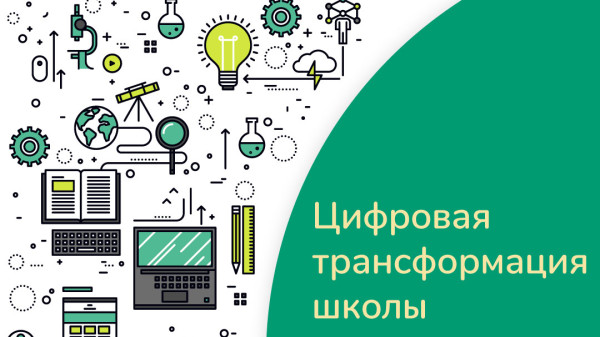
The 21st century is the century of paradoxes. The main paradox of the new millennium is that evolution is aimed at enhancing person’s intelligent capabilities, but social processes associated with the thoughtless implementation of artificial intelligence technologies leads to people digital dementia. One of the reasons for this phenomenon lies in the excessive differentiation of sciences and weak interdisciplinary connections. Unfortunately, the analysis of publications on the implementation of artificial intelligence technologies in education did not reveal a single study devoted to solving the above problem. In this respect, the study presented is unique.
Turning to the analysis of the hidden from programmers mechanisms of consciousness allows us to design algorithms of AI-technologies that provide educational content in accordance with the natural laws of human development. The main principle of development any systems (DI-principle) consists in moving from the global and undifferentiated states to more and more differentiated and hierarchically ordered forms.
The presentation of new educational content should be realized in accordance with the zone of proximal development, i.e. from the global content level through the basic level to the detailed one.
Computer implementation of this rule is possible with the help of algorithms of cyclical representation of tasks. The stop of cyclical algorithm and transfer to another level should be realized through the empirical criteria for the formation of the skill:
1. Accuracy and reaction time.
2. Reducing EEG power spectrum indicators.
3. Plateau on learning curve.
Educational content should be presented in such away that the userwill need to compare, analyze, synthesize, evaluate the probability, and reveal cause-effect relationships among many stimuli to complete the task, and then to use in a new situation.
The verification results of these principles and rules on the example of GreatChemist Expert Systems confirm the productivity of these ideas. The results obtained are of practical importance for the development of AI-technologies in education.
Perspective for future work consists in the elaboration of virtual helmets possessing built-in EEG electrodes, which will able, not only provide information to the teacher about the student’s attention and fatigue, but also manage the development of user thinking.
https://doi.org/10.1007/978-3-030-52249-0

